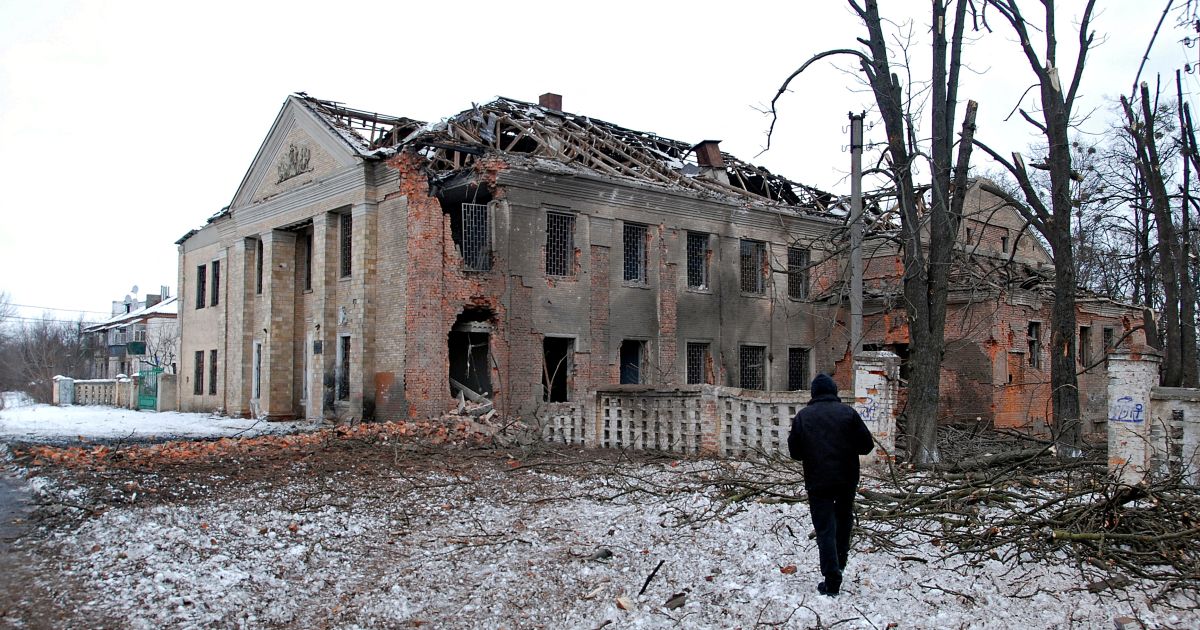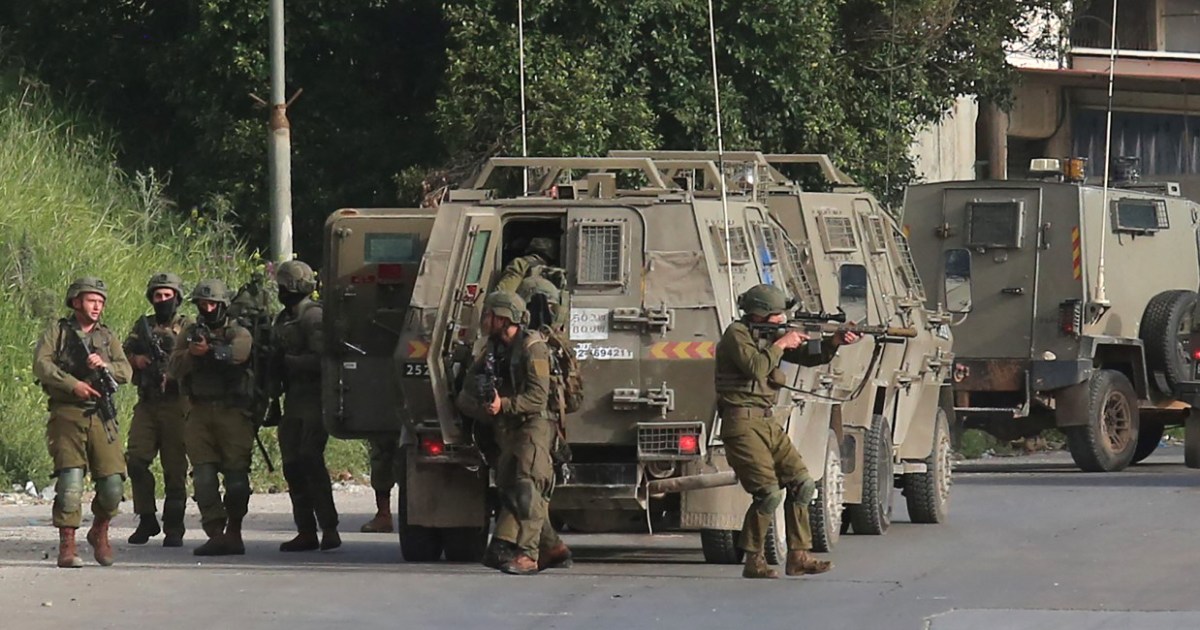Ukraine accuses Russia of hitting psychiatric hospital | Russia-Ukraine war News
Ukrainian official describes the attack on a psychiatric hospital near Izyum, eastern Ukraine as a ‘war crime against civilians’.
Ukraine has accused Russian forces of hitting a psychiatric hospital near the eastern Ukrainian town of Izyum, but emergency services said no one was hurt.
“All 30 staff and 330 patients were in a bomb shelter at the time of the strike,” Ukraine’s State Emergencies Service said in a statement.
Oleh Synegubov, governor of the Kharkiv region which includes Izyum, described the Friday attack as “a war crime against civilians” and repeated allegations that Russian forces had been carrying out “genocide” in Ukraine since Russia’s invasion began on February 24.
Russia has denied deliberately attacking civilians in what it calls a “special operation” to disarm and “de-Nazify” Ukraine.
The attack near Izyum followed the bombardment of a hospital in the southern city of Mariupol in which Ukrainian officials said three people were killed on Wednesday, including a child. Russia has said it will look into the incident but some officials dismissed reports of the attack as “fake news”.
There have so far been 27 confirmed attacks on healthcare centres since the Russian invasion began, according to a World Health Organization database, which did not name the perpetrators.

Synegubov said separately that Russian forces had repeatedly shelled residential areas of Kharkiv, and Kharkiv Mayor Ihor Terekhov said 48 schools had been destroyed in the city, which has a peacetime population of about 1.4 million.
Synegubov said there was no danger to civilians after an institute containing a nuclear laboratory was hit.
An adviser to the Ukraine’s Ministry of Internal Affairs had said on Thursday that Russian planes bombed the institute in Kharkiv, which is home to an experimental nuclear reactor.
All Ukrainian nuclear power stations are operating stably but staff in the Zaporizhzhia plant are facing “psychological pressure” at work following its capture by Russian forces, the Ukrainian state nuclear company Energoatom said.
Radiation levels at all plants had not changed, it said.
Cluster bombs
Russian forces have also been accused of using cluster munitions in Ukraine. The United Nations human rights office said on Friday that it had received “credible reports” of several incidents where the munitions were used in populated areas in Ukraine, adding that indiscriminate use of such weapons might amount to war crimes.
The UN agency has dozens of monitors in the country and more are expected to arrive once a commission established by the Geneva-based Council to probe possible war crimes is operational. It has confirmed at least 549 civilian deaths in Ukraine since the Russian invasion began, although it said the real figure is likely higher.
“Due to their wide-area effects, the use of cluster munitions in populated areas is incompatible with the international humanitarian law principles governing the conduct of hostilities,” spokesperson Liz Throssell told journalists in Geneva.
“We remind the Russian authorities that directing attacks against civilians and civilian objects, as well as so-called ‘area bombardment’ in towns and villages and other forms of indiscriminate attacks, are prohibited under international law and may amount to war crimes.”
Russia has been accused by Ukraine, the United States, and NATO, among others, of using cluster munitions during the fighting in Ukraine. Russian officials have denied using cluster bombs in Ukraine.
Cluster bombs are made up of a hollow shell that explodes in midair, dispersing dozens or even hundreds of smaller bomblets over a wide area. Russia is not a party to a 2008 convention banning cluster munitions although is bound by international humanitarian law, particularly the prohibition of indiscriminate attacks.




